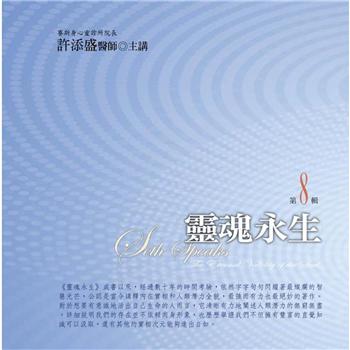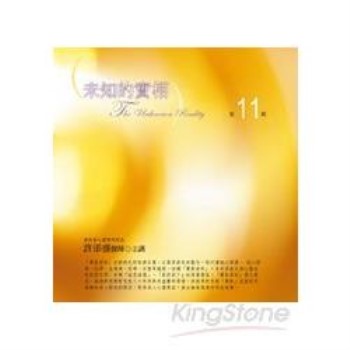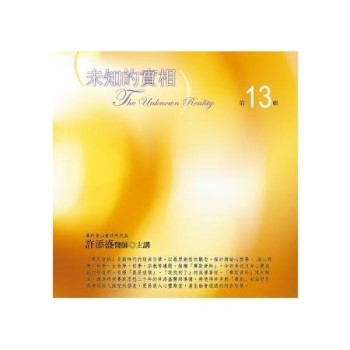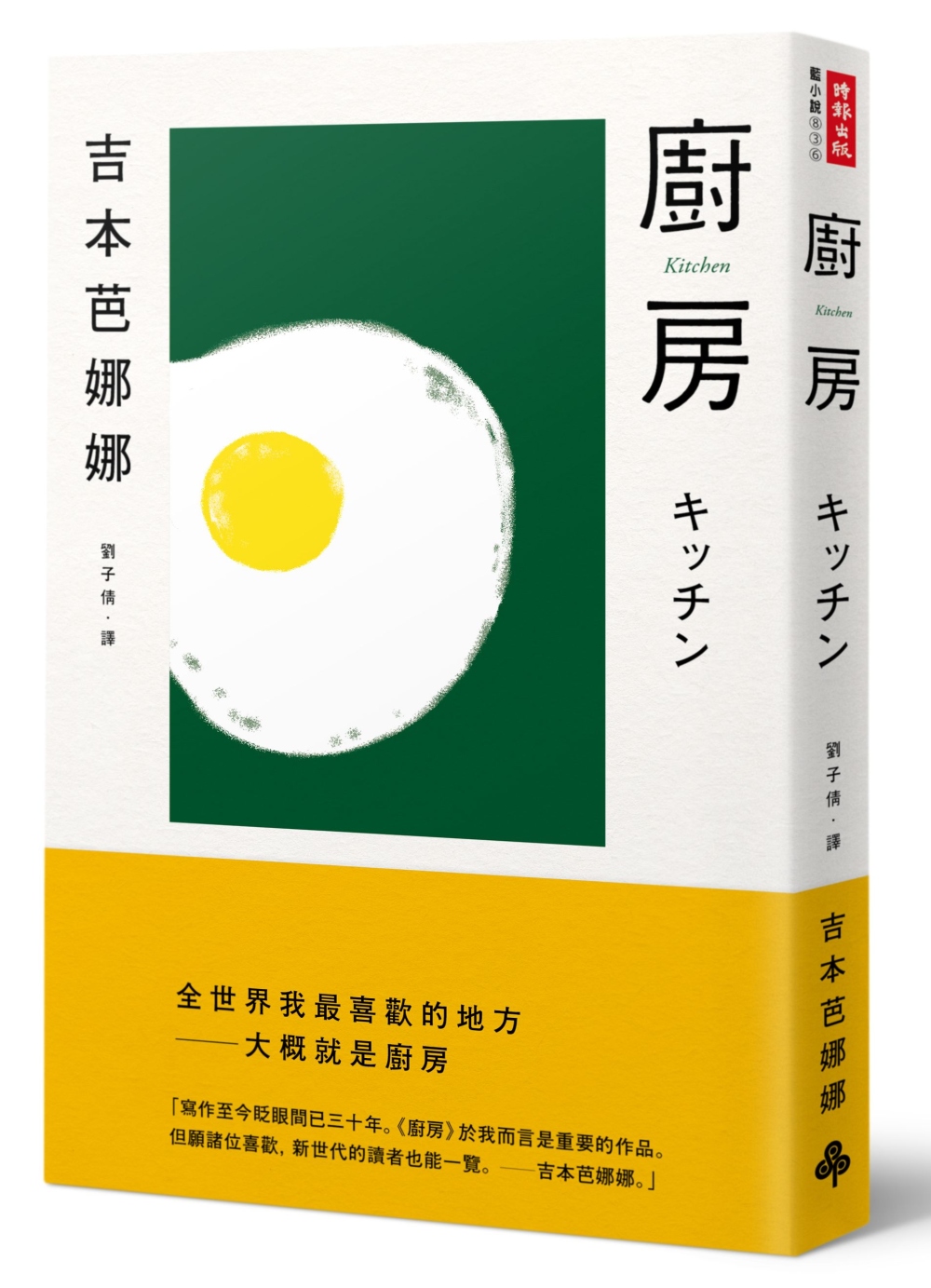This volume focuses on the under-explored topic of emotions’ implications for ancient medical theory and practice, while it also raises questions about patients’ sentiments. Ancient medicine, along with philosophy, offer unique windows to professional and scientific explanatory models of emotions. Thus, the contributions included in this volume offer comparative ground that helps readers and researchers interested in ancient emotions pin down possible interfaces and differences between systematic and lay cultural understandings of emotions. Although the volume emphasizes the multifaceted links between medicine and ancient philosophical thinking, especially ethics, it also pays due attention to the representation of patients’ feelings in the extant medical treatises and doctors’ emotional reticence. The chapters that constitute this volume investigate a great range of medical writers including Hippocrates and the Hippocratics, and Galen, while comparative approaches to medical writings and philosophy, especially Plato, Aristotle, and the Stoics, dwell on the notion of wonder/admiration (thauma), conceptualizations of the body and the soul, and the category pathos itself. The volume also sheds light on the metaphorical uses of medicine in ancient thinking.
| FindBook |
有 1 項符合
Medical Understandings of Emotions in Antiquity: Theory, Practice, Suffering. Ancient Emotions III的圖書 |
 |
Medical Understandings of Emotions in Antiquity: Theory, Practice, Suffering. Ancient Emotions III 出版社:de Gruyter 出版日期:2024-06-17 語言:英文 規格:平裝 / 308頁 / 普通級/ 初版 |
| 圖書館借閱 |
| 國家圖書館 | 全國圖書書目資訊網 | 國立公共資訊圖書館 | 電子書服務平台 | MetaCat 跨館整合查詢 |
| 臺北市立圖書館 | 新北市立圖書館 | 基隆市公共圖書館 | 桃園市立圖書館 | 新竹縣公共圖書館 |
| 苗栗縣立圖書館 | 臺中市立圖書館 | 彰化縣公共圖書館 | 南投縣文化局 | 雲林縣公共圖書館 |
| 嘉義縣圖書館 | 臺南市立圖書館 | 高雄市立圖書館 | 屏東縣公共圖書館 | 宜蘭縣公共圖書館 |
| 花蓮縣文化局 | 臺東縣文化處 |
|
|
圖書介紹 - 資料來源:博客來 評分:
圖書名稱:Medical Understandings of Emotions in Antiquity: Theory, Practice, Suffering. Ancient Emotions III
Medical Understandings of Emotions in Antiquity: Theory, Practice, Suffering. Ancient Emotions III 相關搜尋
Adorno’s Gamble: Harnessing German IdeologyAdorno’s Gamble: Harnessing German Ideology
The Dialectics of Absolute Nothingness: The Legacies of German Philosophy in the Kyoto School
The Collapse of Freedom of Expression: Reconstructing the Ancient Roots of Modern Liberty
Aristotle’s Discovery of the Human: Piety and Politics in the Nicomachean Ethics
Heidegger: An Introduction
Black Divinity Institutes of the Black Theocracy Shahidi Collection Vol 1 [Remastered]
Bacteria to AI: Human Futures with Our Nonhuman Symbionts
Pink: The History of a Color
The Purpose of the Papacy
|











